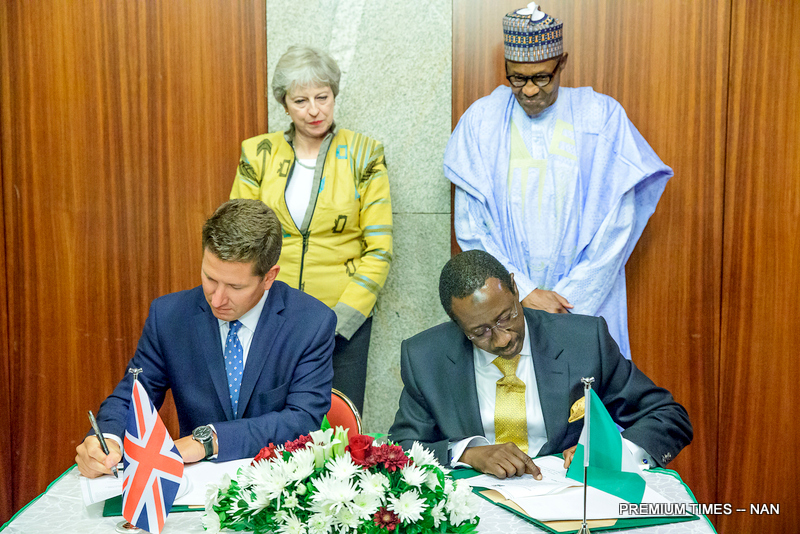Post-Brexit Britain is taking a more ambitious, generous and pro-growth approach to trading with developing nations, Nigeria inclusive.
The proposed new UK Developing Countries Trading Scheme aims to grow trade with lower income nations, supporting jobs and growth across the globe, including in Nigeria.
The UK Government has launched a consultation on new trading rules that will help countries like Nigeria grow its trade and build back better – and help British businesses and consumers at the same time.
The UK Developing Countries Trading Scheme (DCTS) is a major opportunity to grow free and fair trade with developing nations. The proposed scheme will apply to 70 qualifying countries, including Nigeria, and include improvements such as lower tariffs and simpler rules of origin requirements for countries exporting to the UK, allowing countries to diversify their exports and grow their economies.
The UK currently operates a similar scheme rolled over from the EU, but as an independent trading nation we can now take a simpler, more generous, pro-growth approach to trading with developing countries.
The UK Developing Countries Trading Scheme will apply to 47 countries in the Least Developed Country Framework (LDCF) and 23 additional countries classified by the World Bank as low-income and lower-middle-income countries.
READ ALSO: Critical race theory: the concept dividing the United State of America
The proposed new UK scheme will mean more opportunity and less bureaucracy for developing countries, for example by simplifying rules of origin requirements or reducing tariffs on imports. For instance, this could mean lowering tariffs on products including rice from Pakistan and raw materials from Nigeria.
Foreign Secretary Dominic Raab said, “Cutting tariffs for poorer countries enables them to trade their way to genuine independence – and I’m proud we lead the world in offering that opportunity.”













